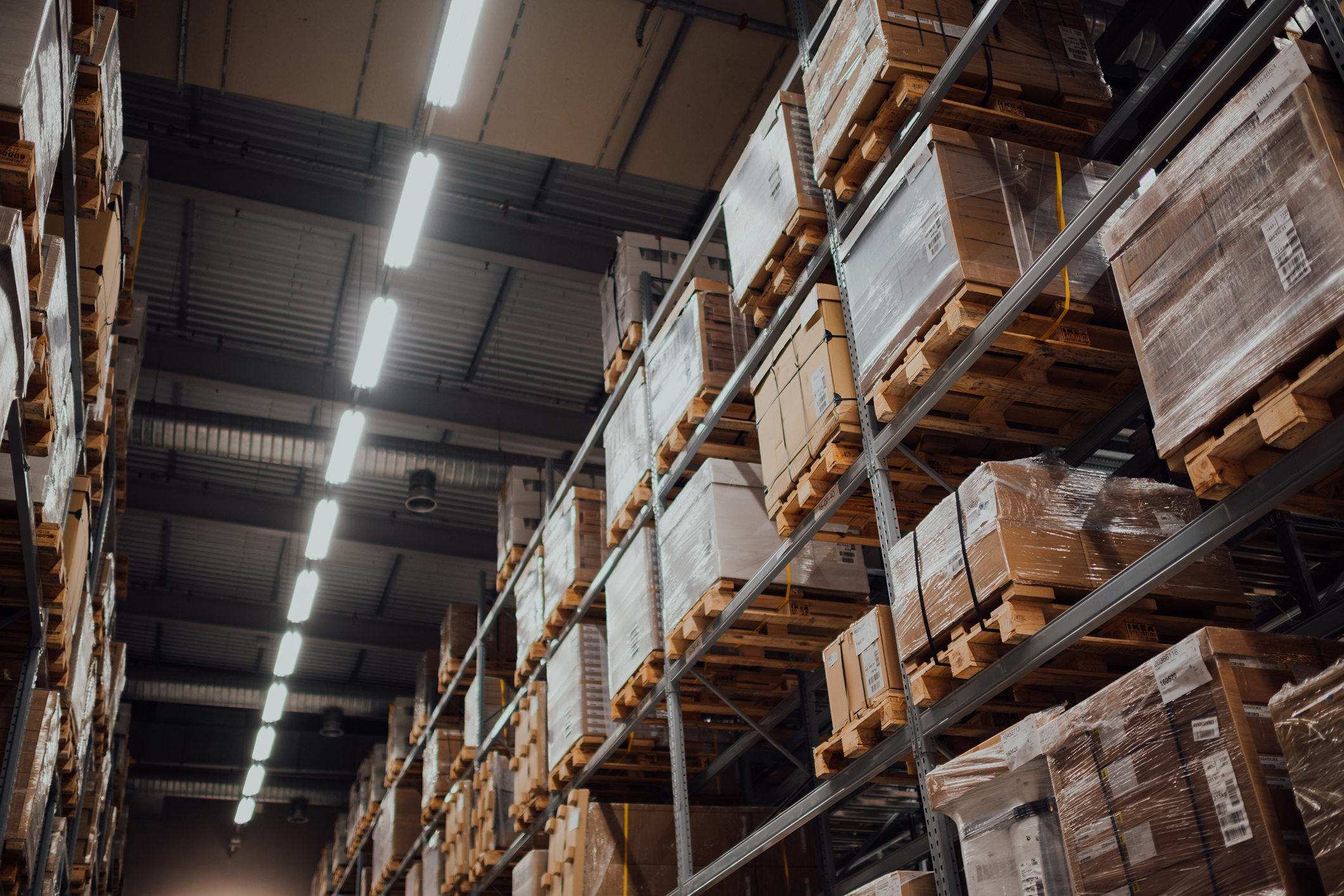The plastics industry in Singapore has long been a cornerstone of its manufacturing sector. However, like many other industries, it is undergoing a significant transformation due to advancements in technology. Artificial Intelligence (AI) and Warehouse Management Systems (WMS) are at the forefront of this shift, revolutionizing how companies operate, manage resources, and enhance productivity. This blog will delve into the interplay between AI, WMS, and business software in Singapore’s plastic industry.
The Rise of AI in the Plastics Industry
Artificial Intelligence is more than just a buzzword; it is a powerful tool driving efficiency and innovation across various sectors. In the plastics industry, AI is being leveraged for predictive maintenance, quality control, and optimizing production lines. Due to AI’s capabilities, manufacturers in Singapore can now foresee machine failures before they happen, ensuring uninterrupted production.
How WMS Revolutionizes Warehousing
Warehouse Management Systems (WMS) have become integral to the supply chain and logistics operations within the plastics industry. WMS solutions are particularly vital in Singapore, where space is at a premium, and efficiency is paramount. Advanced WMS helps in tracking inventories in real-time, optimizing storage space, and improving order fulfillment rates.
The Role of Business Software
Business software in Singapore’s plastics industry serves as the backbone of operations, integrating functionalities from AI and WMS to deliver cohesive and streamlined processes. Companies are increasingly adopting enterprise resource planning (ERP) systems, which include modules for AI and WMS. These systems provide real-time data analytics, improving decision-making and operational efficiency. Due to this integration, business software has become indispensable for companies striving to maintain their competitive edge.
AI-Driven Quality Control
Quality control in the plastics industry is a critical component of production. Defects can result in substantial financial losses and damage to a company’s reputation. In Singapore, companies are utilizing AI-powered quality control systems to detect even the minutest of defects in real-time. These systems use machine learning algorithms to analyze patterns and predict anomalies, ensuring that only top-quality products leave the warehouse.
Benefits of WMS in the Plastics Industry
Implementing a Warehouse Management System delivers multiple benefits:
- Improved Inventory Accuracy: Real-time monitoring and automated stock counts reduce the likelihood of errors.
- Space Optimization: AI algorithms can help in determining the optimal layout for storage solutions, maximizing utility.
- Enhanced Order Fulfillment: Faster picking and packing processes ensure timely delivery of products.
- Scalability: Easily adaptable to the growth and expansion of business operations.
Enhancing Business Operations with Business Software
The integration of business software in Singapore’s plastics industry offers a multitude of benefits. With features that support the automation of administrative tasks, monitoring of financial transactions, and continuous improvement in supply chain processes, these technologies enhance overall business operations. Companies employing comprehensive business software solutions can manage everything from production planning to customer service under one umbrella.
AI and WMS: The Perfect Partnership
AI and WMS are not standalone solutions; their benefits are maximized when they work in tandem. For instance, AI can analyze data from the WMS to predict trends in inventory needs, helping companies prepare for fluctuations in demand. This is particularly valuable in a market as dynamic as Singapore’s, where consumer preferences can change rapidly.
Challenges and Solutions
While the benefits of AI and WMS are clear, there are challenges that companies may face, including high implementation costs and the need for skilled labor to manage these technologies. However, government initiatives and various grants are available to assist Singaporean companies in overcoming these hurdles. Continuous training and development programs can also ensure that the workforce is well-equipped to handle new technological advances.
Future Outlook
As we look to the future, the role of AI and WMS in Singapore’s plastic industry is set to grow. Ongoing innovations will lead to even more efficient systems and solutions, further transforming the industry. The future promises greater integration of AI and WMS within business software systems, making it easier for companies to adopt and benefit from these technologies.
What is Multiable aiM18 AI, WMS?
Multiable aiM18 AI, WMS is an advanced system designed to optimize and streamline warehouse operations through Artificial Intelligence. Tailored to meet the specific needs of the plastic industry, Multiable aiM18 offers real-time inventory tracking, predictive analytics, and enhanced automation capabilities. It integrates seamlessly with existing business software systems, providing a comprehensive solution that boosts efficiency and productivity.
In summary, the integration of AI, WMS, and business software is transforming Singapore’s plastic industry, offering unparalleled efficiency, quality control, and competitiveness. The future is bright, with technologies like Multiable aiM18 AI and WMS paving the way for even more innovative solutions.
About EDG Grant:
The Enterprise Development Grant (EDG) was launched in 2018. EDG is a single grant that supports companies in the upgrading of business capabilities, innovation and internationalization. EDG replaces the Capability Development Grant (CDG) and the Global Company Partnership (GCP) in the same year.
M18 ERP and M18 HCM is under the scopes of EDG grant.
Our consultants have rich experience in helping customers to get EDG application awarded to deploy our renowned M18 ERP in Singapore. Multiable will provide relevant technical / system related documentations and guide you throughout the application process
Contact us
